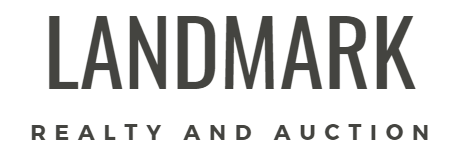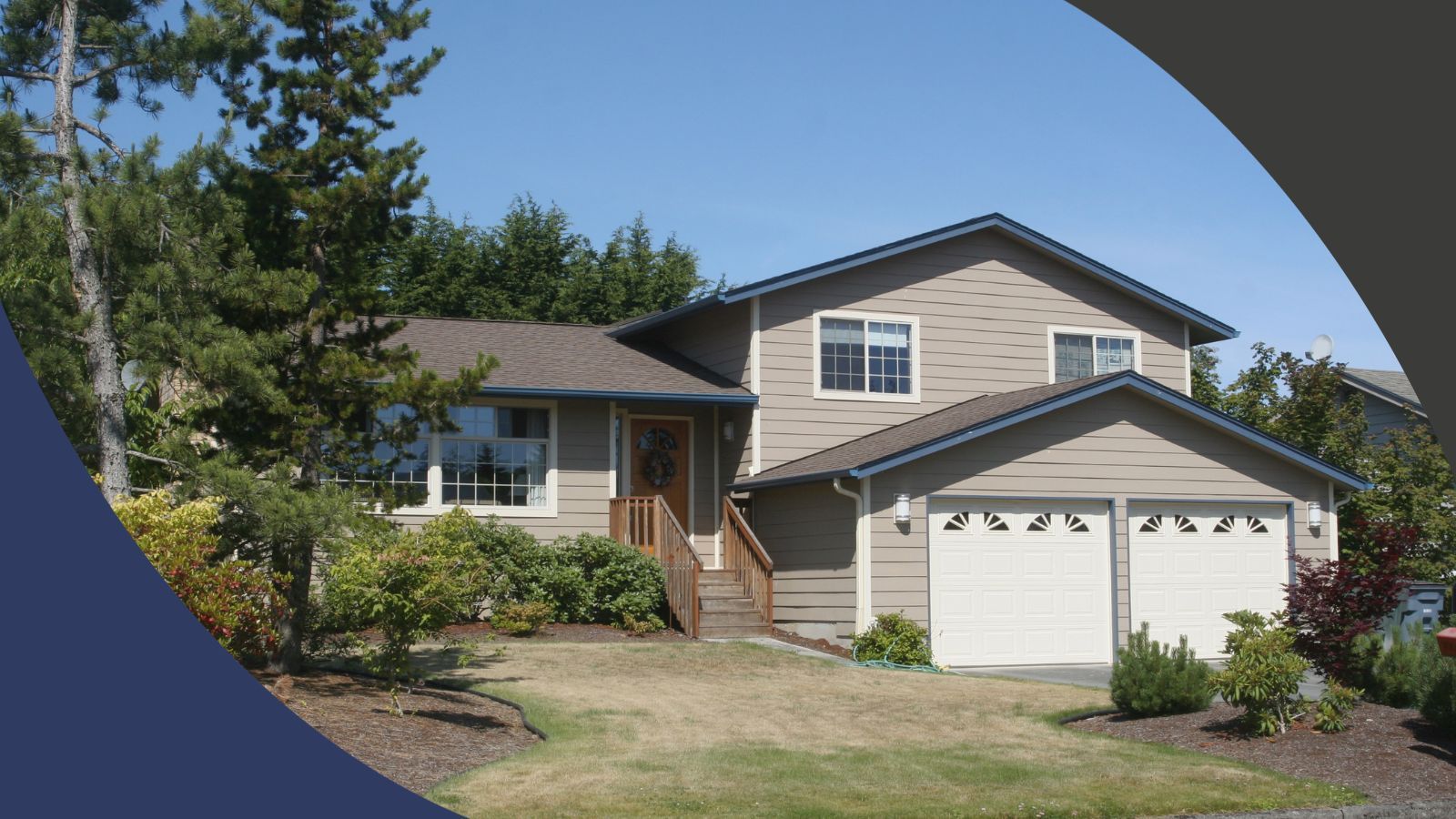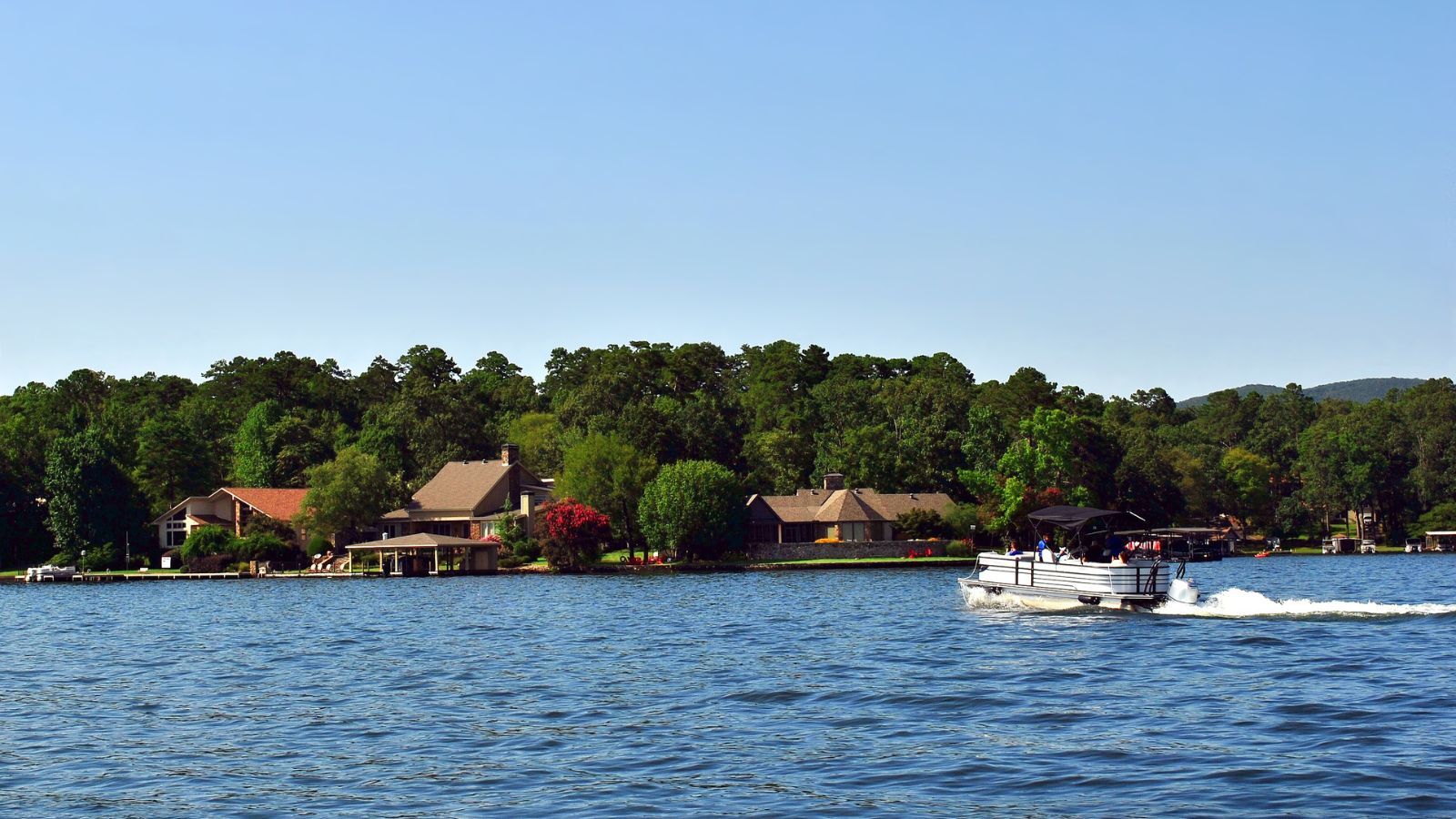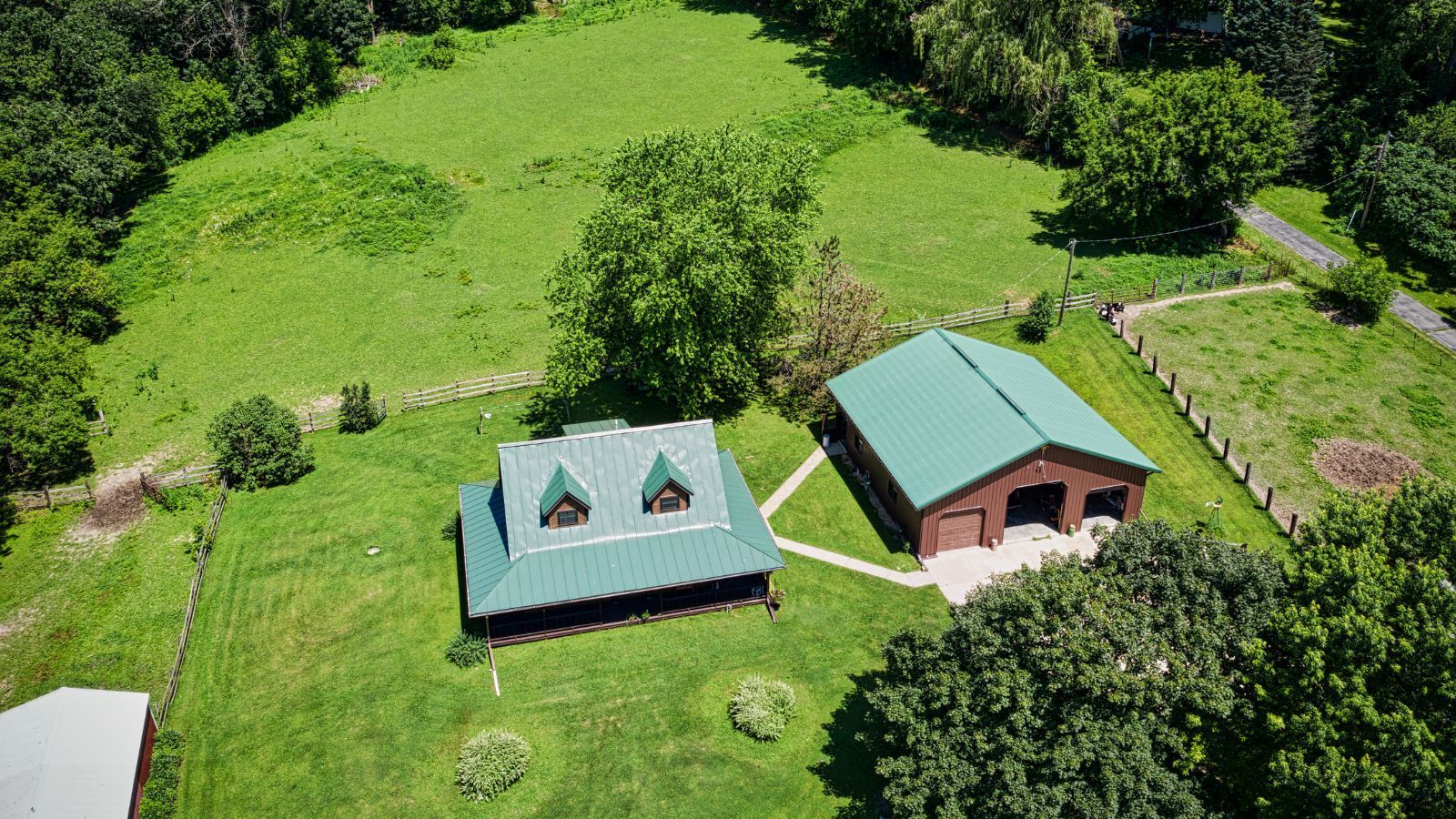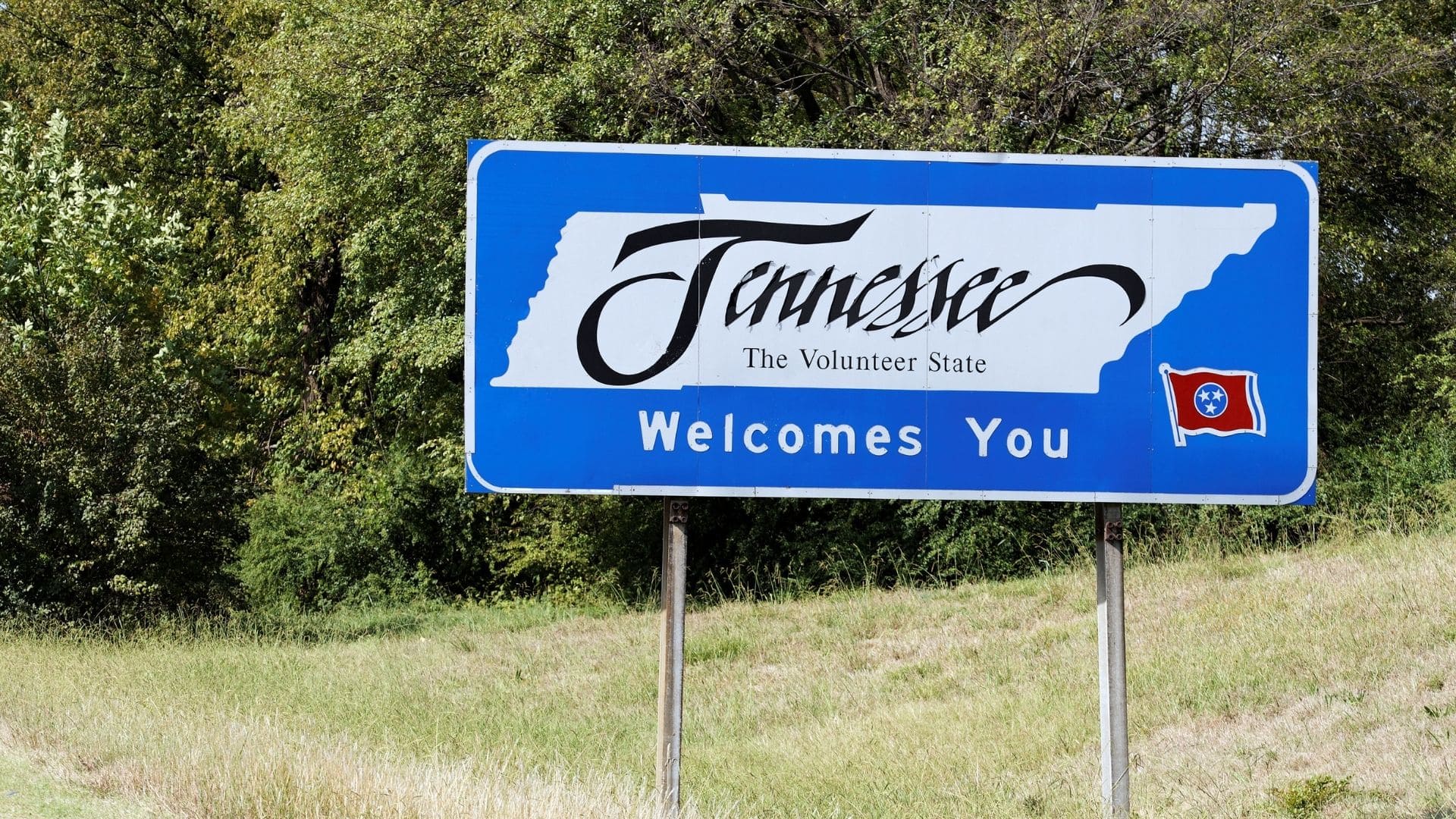A Guide to Living in TN: What is a Multi Family Home
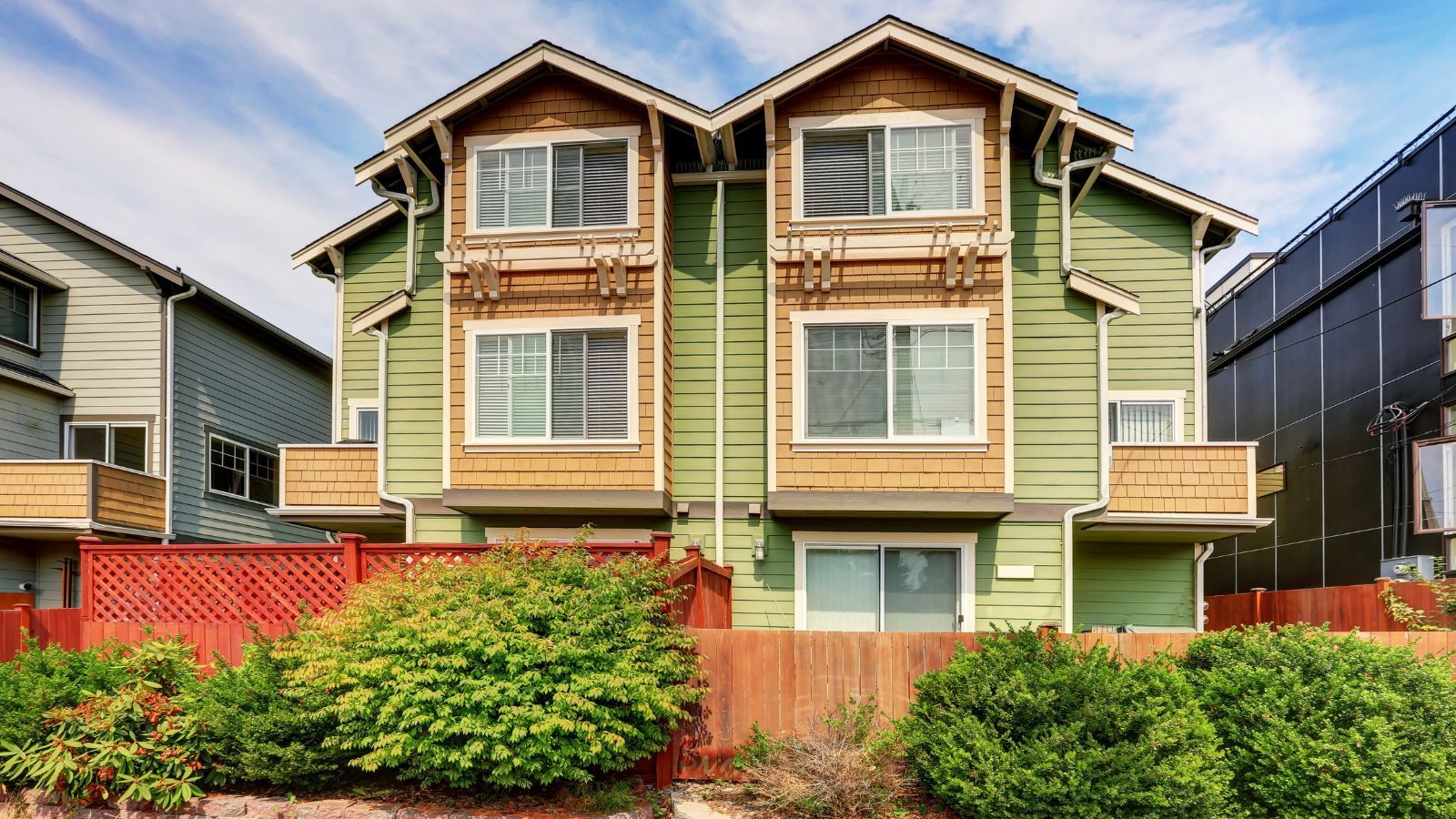
The word home can mean many things when it comes to housing options. One example is the
multi-family home, a versatile living space that combines the benefits of communal living with the privacy of individual units. If you're considering a move to Tennessee and are interested in multi-family homes either as an investment or an ideal living arrangement for your family, this guide is here to provide you with valuable insights into what they are, their types, and whether they might be the right fit for you.
What's the Difference Between Houses and Multi Family Property?
As the name suggests, a multi-family dwelling or home creates a communal space with shared amenities while giving each family space with separate living units in a single building with a side-by-side layout or multiple stories. This is different than
single family houses which are wholly separate properties
that we think of when we think of ‘traditional’ homes.
What is Considered a Multi Family Home
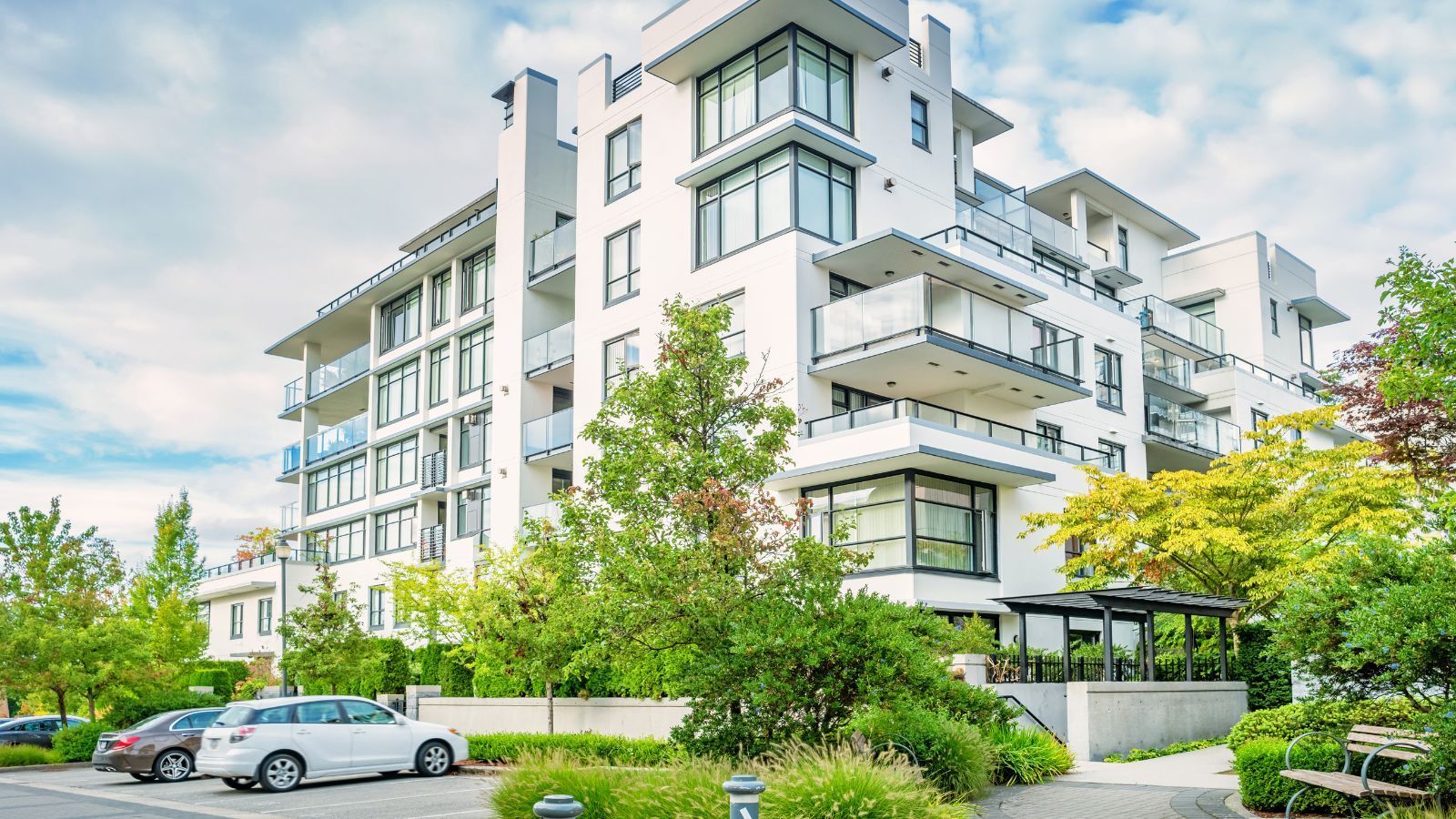
When it comes to multi-family housing, there are a few standard examples, but they also come in unconventional layouts to fit a variety of situations. Let's delve into some of the most common types of multi-family homes.
Duplex - 2 Homes in 1
A duplex, often comprised of two distinct units sharing a common wall, ceiling, or floor, is a popular type of multi-family home. This arrangement allows homeowners to live in one unit while renting out the other, generating a steady income stream. Each unit maintains its own separate entrance, ensuring both occupants a sense of autonomy and privacy. Some duplexes even come with separate yards and garages, enhancing the feeling of individuality within a shared structure.
Condo - Amenities in a Vibrant Community Setting
Condominiums, commonly called condos, offer a
unique blend of individual family houses and communal living. Within a larger building or community, each condo unit is privately owned. Condo owners contribute to monthly homeowners association fees, which cover the maintenance of shared amenities and, in some cases, building insurance. Condos often boast a variety of amenities like fitness centers, swimming pools, and communal spaces, fostering a vibrant and connected living environment.
Townhome - Spacious Community Charm
Townhouses, another variation of a multi-family property, share similarities with duplexes in that they are typically attached by common walls. However, townhomes tend to offer more space, often spanning two or three stories. This increased square footage allows for larger living areas and bedrooms. While retaining the convenience of shared walls and lower maintenance associated with multi-family homes, townhouses provide a spacious and comfortable living experience akin to single-family dwellings.
Semi-Detached House - The Best of Both Worlds
Semi-detached homes bridge the gap between townhomes and standalone houses. With a shared wall connecting two units, these homes offer a balance of communal living and increased personal space. Semi-detached houses are often larger than townhouses and can be an attractive option for those seeking affordability without compromising on square footage. Additionally, the shared upkeep expenses can contribute to
a more cost-effective homeownership experience.
Should You Purchase a Multi Family Home?
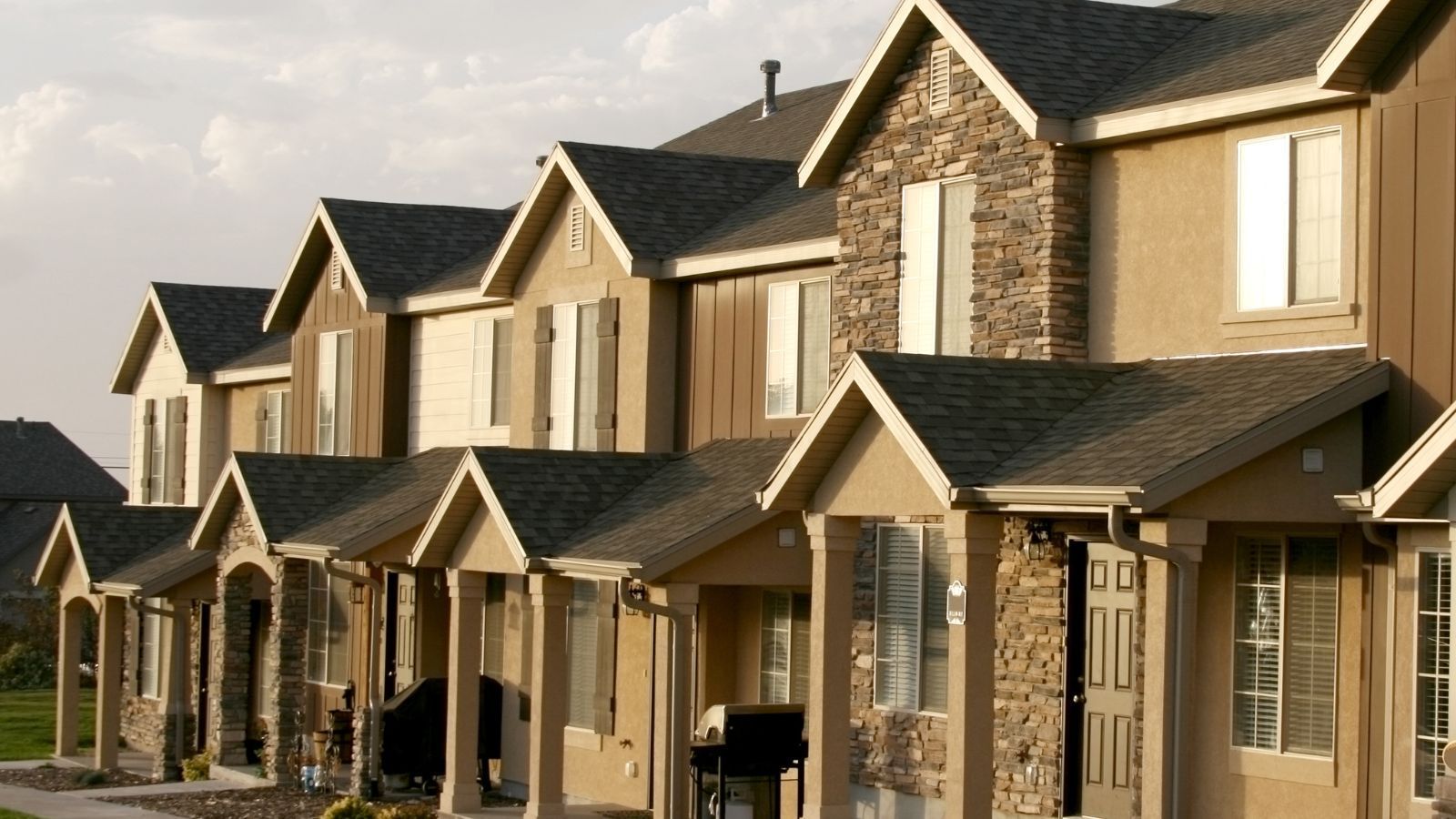
Multi-family homes come with a range of advantages and considerations. Let's explore the reasons why they might be a great option, as well as some potential drawbacks.
Why You Should
Investment Potential: One of the most compelling reasons to consider a multi-family home is the potential for rental income. Renting out one or more units can offset mortgage payments and other expenses, turning your property into an income-generating asset.
Ease of Maintenance: Living in close proximity to your rental units enables you to promptly address maintenance issues. This hands-on approach can save you time and money by preventing problems from escalating.
Tax Benefits: Multi-family homeowners can often deduct home maintenance expenses as business costs and apportion part of their mortgage interest payments, leading to potential tax advantages.
Multi-Generational Living: Multi-family homes are common in some cultures as they allow for privacy for individuals while benefitting from the shared wisdom and community of family members. It’s also a great option for families to help younger generations get a springboard into adulthood or to help older generations downsize and be nearby while maintaining their independence.
Long-Term Investment: If you decide to move out of your multi-family home, you can retain it
as an investment property, creating a steady income stream from rental units.
Why You May Want to Skip
Higher Upfront Costs: Acquiring a multi-family home typically involves a larger upfront investment compared to single-family properties. Because they are essentially two homes in one and can be used as a source of income, you will want to be aware of any permits, inspections or other documentation you may need from your city or county regarding ownership and rental of the units.
Landlord Responsibilities: Managing rental units requires time and effort, from tenant screening to negotiating lease terms. Being a landlord may also entail unexpected interruptions and responsibilities.
Financial Risk: Vacancies and overdue rent payments can impact your cash flow, making it crucial to maintain a substantial emergency fund.
Complexity of Sale: Selling a multi-family property with existing tenants can be challenging, requiring coordination between showings and appraisals while keeping tenants informed.
Are Multi Family Homes Considered Commercial?
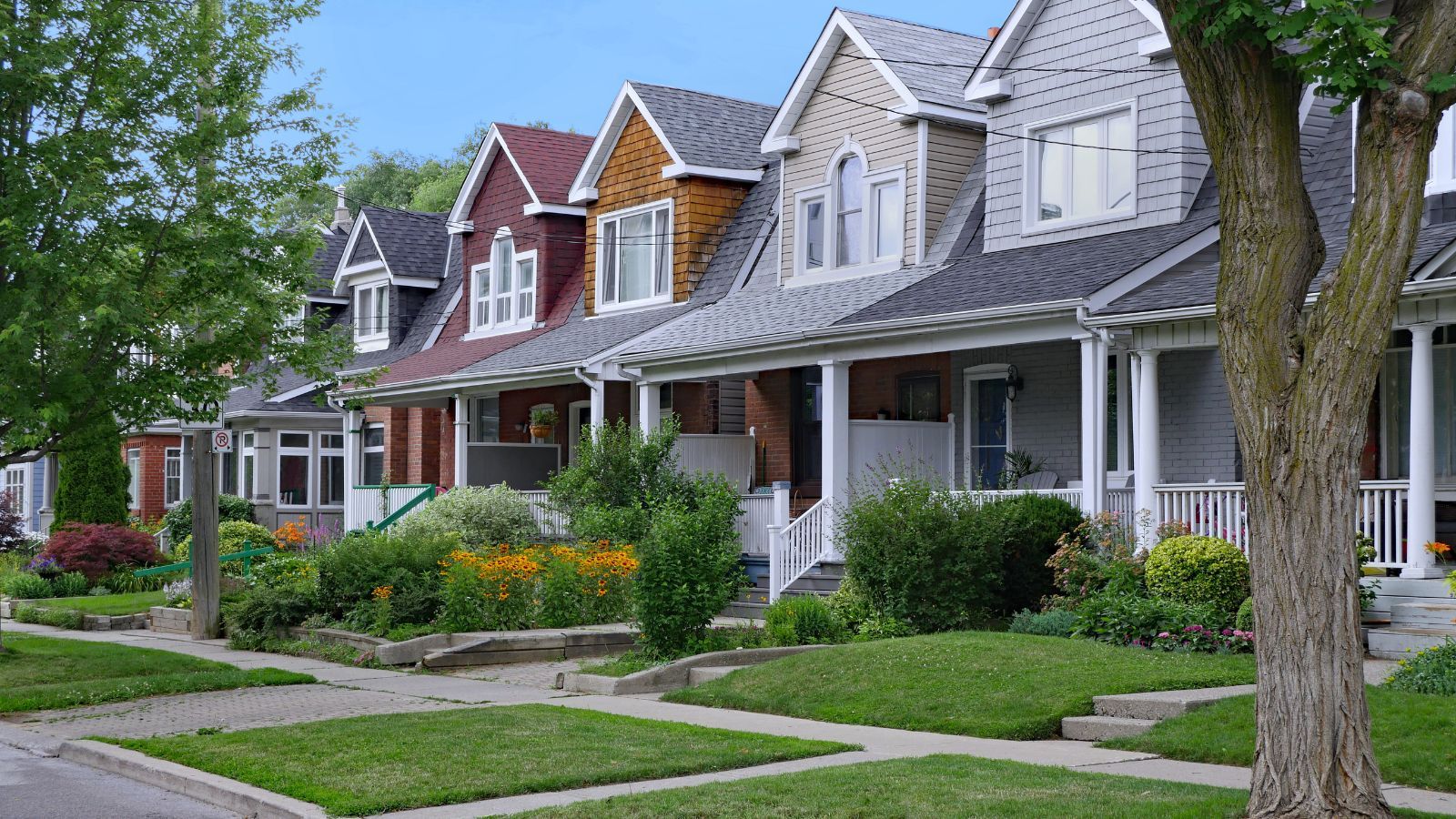
Multi-family homes often serve as investment properties, generating rental income for the owner. Understanding the costs associated with these properties is vital for maximizing your investment. Beyond mortgage and insurance, expenses like utilities, agent fees, advertising, and legal fees need to be considered. A thorough evaluation of the property, including inspection and market research, is essential to make informed investment decisions.
How To Purchase a Multi Family Home
Purchasing a multi-family home involves several key steps. First, determine your budget and secure initial financing. Conduct thorough research on available properties, considering location, rental potential, and property condition. Once you've identified a property, work with a real estate agent who is experienced in guiding buyers through purchasing a multi-family home. They can guide you through the negotiation, due diligence, and closing processes, ensuring a smooth purchase experience.
Looking for a Multi Family Home in TN? Call Landmark Realty
Whether you're seeking an investment opportunity or a multi-generational living solution, multi-family homes in Tennessee provide a range of possibilities. To explore available multi-family properties and make an informed decision, reach out to Landmark Realty today. Our experienced agents are here to assist you in finding the perfect
multi-family home in Tennessee.
